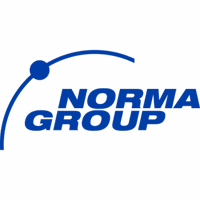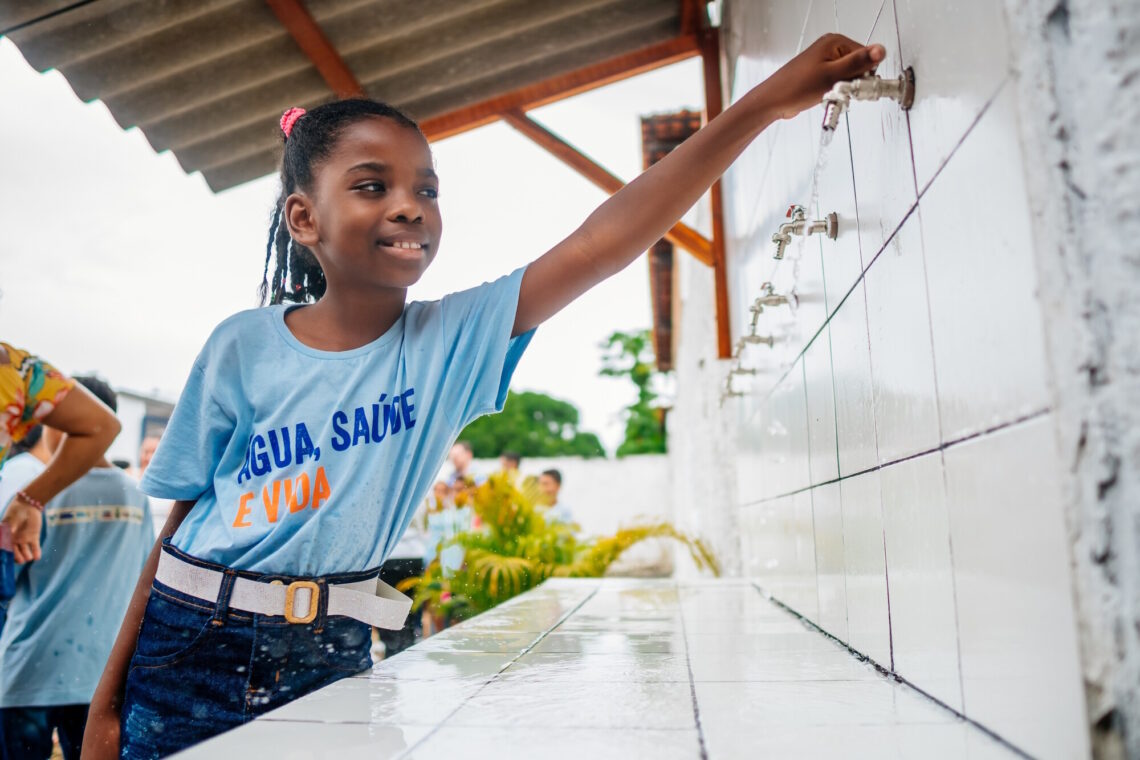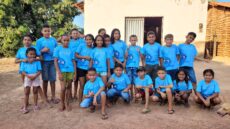This post is also available in: Deutsch
NORMA Clean Water – joint commitment to clean water and sustainable nutrition
As a manufacturer of water management products, NORMA Group is acutely aware of how important clean drinking water is. Since 2014, the company has been working with children’s rights organization Plan International Deutschland (Plan International Germany) to improve the supply of water around the world. This is what the “NORMA Clean Water” project stands for – an undertaking that we have used to actively improve the living conditions of people in Brazil since 2017.
The first project phase was completed in 2020. Construction of four new water supply systems provided more than 600 families with better access to clean water. The second project phase was completed at the end of last year. In cooperation with Plan International Deutschland, we implemented measures to improve the water supply as well as the health and hygiene situation in the project regions of Codó, Timbiras and Peritoró. Together, we reached more than 4,330 people, including 1,464 children. The third project phase has been underway since November 2023.
Current situation in Brazil
Brazil has extensive water resources. These resources are, however, distributed differently among the various regions of the country: While the Amazon region accounts for 72 percent of the country’s water, the northeast of the country only has four percent. Since 2017, NORMA Group has therefore been involved in the Codó and Peritoró project areas in the state of Maranhã in the northeast of the country. Two of the communities, Boqueirão dos Vieras and Canto do Coxo, already participated in the previous project phase.
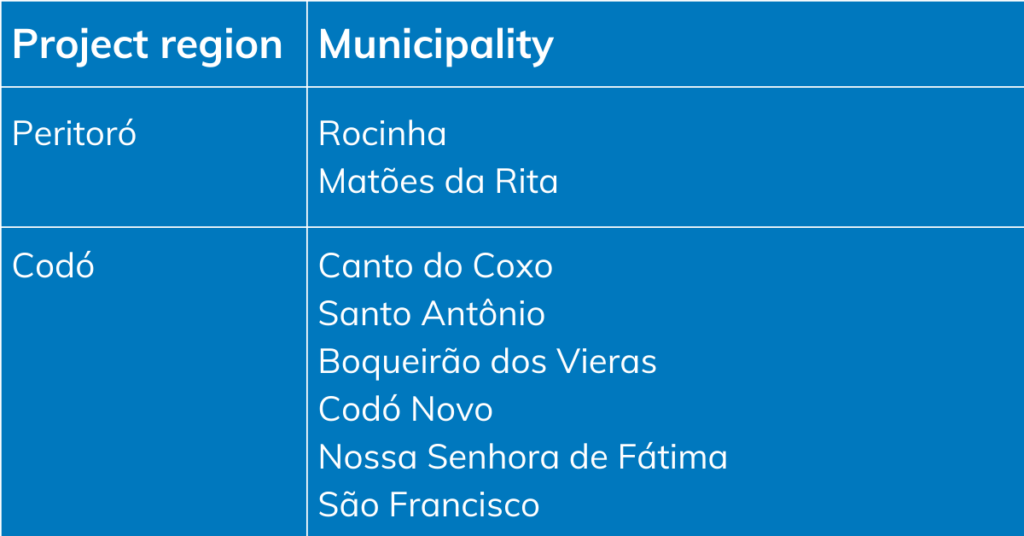
Climate change has led to an increase in droughts and flooding in the region, which is having a negative impact on agricultural production, food security and the general health of the population.
Improving living conditions in rural Brazil
With the third phase of the NORMA Clean Water project, we are endeavoring, together with Plan International Deutschland, to improve the health and nutrition of children and their families in the target regions. We will also continue to expand the water supply and provide information to people in the communities about health and hygiene practices.
This project phase will focus to an even greater extent on food security and combating malnutrition. These efforts include supporting the communities in planting vegetable gardens and holding workshops on balanced nutrition. Another focus is on raising awareness of environmental risks, climate change and the protection of natural resources. In total, we are reaching approximately 3,100 people directly with our project activities, including around 2,600 children and young people.
Access to clean (drinking) water
In the two project communities of Matões da Rita and Rocinha, the existing water supply is being expanded as the current supply is not sufficient for all households. Geophysical surveys and feasibility studies are carried out before the wells are drilled. This will provide 399 children and 304 adults with safe access to clean drinking water.
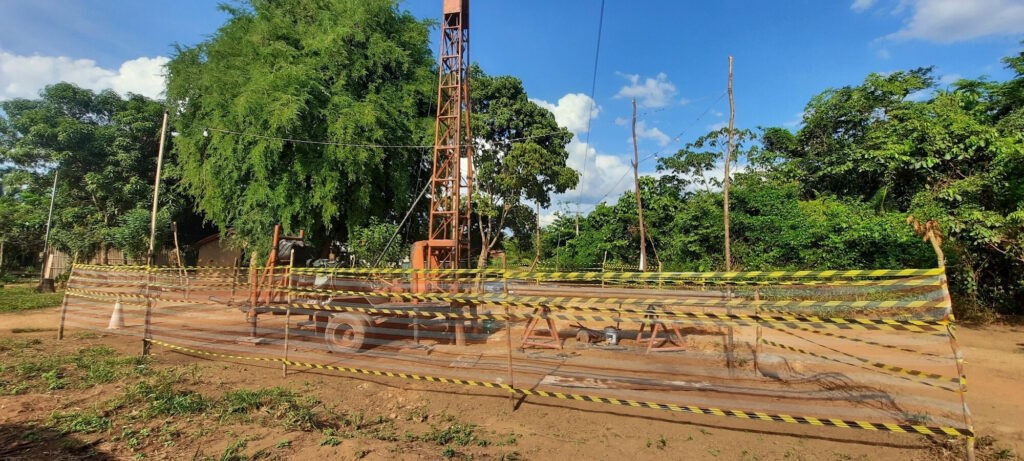
So-called water committees, each of which has 20 members, are set up to ensure the long-term supply of water to the communities. These committees will assume responsibility for the maintenance of the facilities once they have been completed. When selecting the members of the water committees, particular attention is paid to the participation of young women in order to empower them and promote gender equality in the communities.
Workshops in the communities
Workshops with families are being held in the six new project communities to ensure that they are well-informed when it comes to hygiene, health and gender equality. Other workshops deal with the topic of healthy eating. Workshops on menstrual health are also being conducted in the secondary schools of four project communities with 1,200 young people. Female pupils receive hygiene products so that they can attend school during their period.
Healthy nutrition through hydroponics and community gardens
Community gardens are being created in Cantodo Coxo and Matões da Rita to help ensure a balanced diet. In addition, 60 members of the community are being trained in fruit and vegetable cultivation and are also being equipped with gardening tools such as shovels, hoes and watering cans.
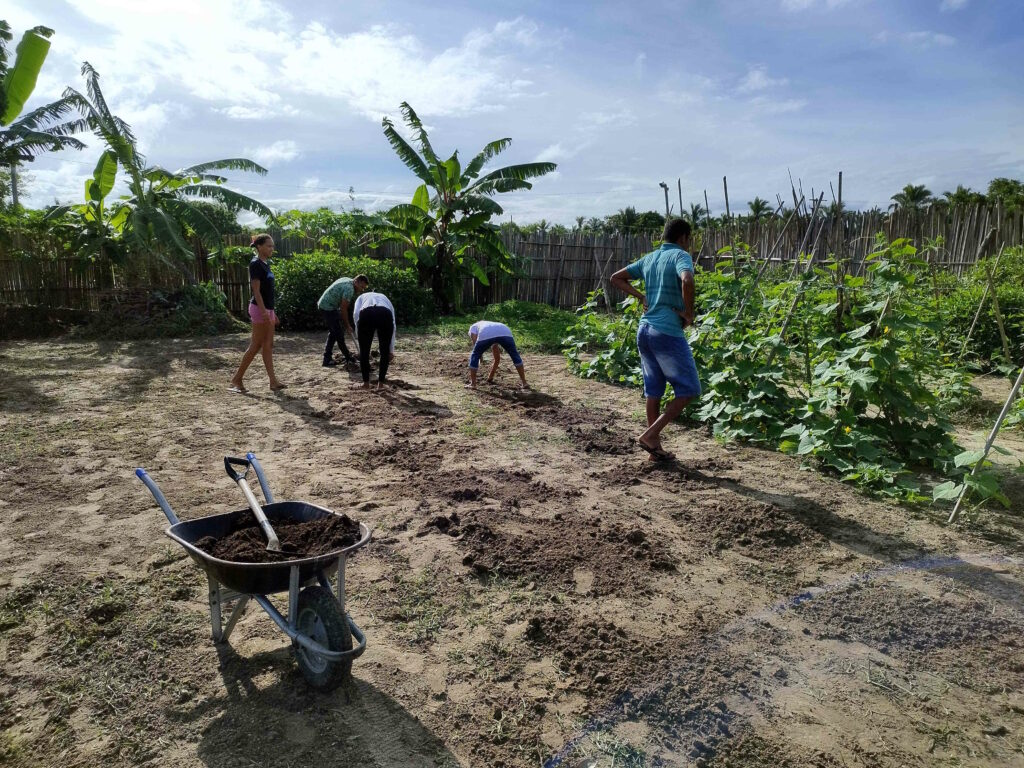
A community garden was already established in Boqueirão dos Vieras in the previous project phase. This is now being expanded with a hydroponic cultivation. Plants grow there without soil in a combination of water and nutrients. This increases the yield and the plants require less water and fertilizer.
Community members receive theoretical and practical training in hydroponic cultivation and the marketing of their produce. Here too, the focus is on empowering women, who can use the knowledge they have acquired to make a positive contribution to their families’ nutritional situation and improve their economic situation by selling surplus produce at local markets.
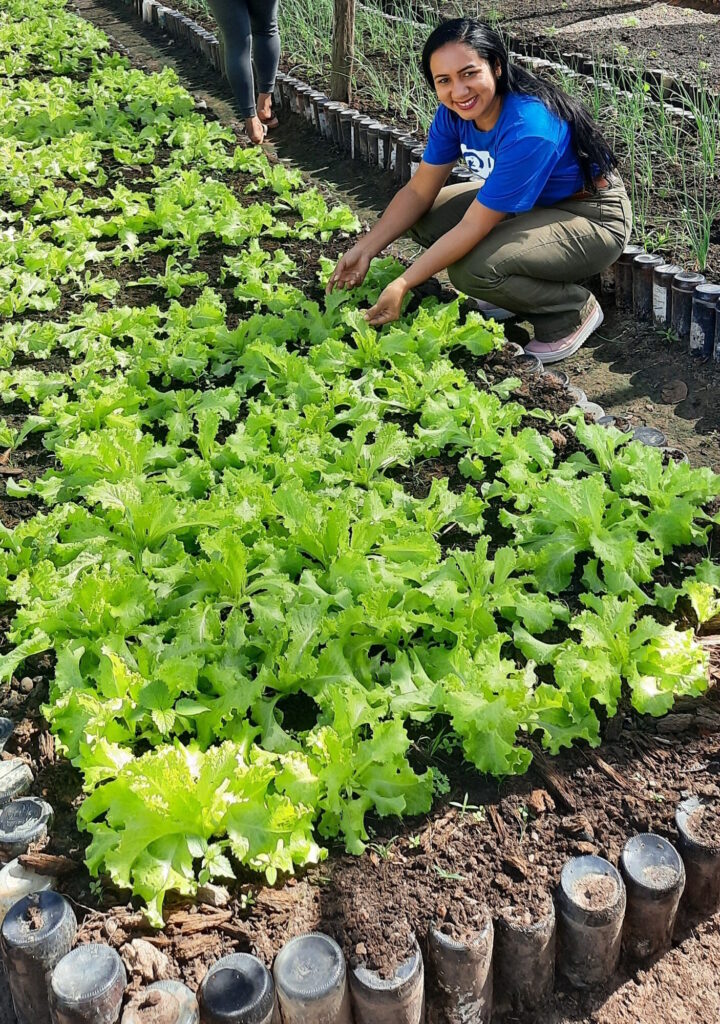
Conserving resources and withstanding climate change
Climate change is having an increasing impact on the project communities, with more frequent periods of extreme heat and drought as well as heavy rainfall and flooding. To increase awareness of issues relating to climate change, particularly among children and young people, action days are organized at the project schools and workshops and campaigns are held in the communities.
During the action days, 900 pupils explore the topics of climate and resource conservation and present what they have learned at school fairs with posters, videos and exhibits. The action days take place in the primary and secondary schools of the six communities.
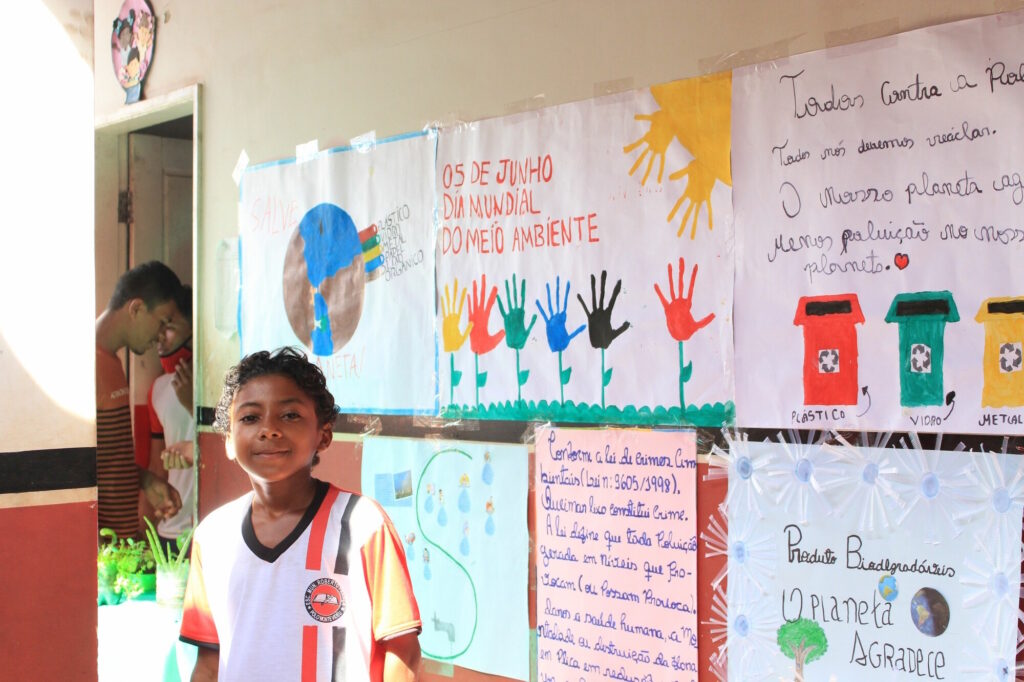
Campaigns to raise awareness on the topics of water, environmental and resource protection are also being organized in all eight project municipalities. Information banners, flyers and radio spots will be produced for this purpose, and they are expected to reach around 12,500 members of the community.
Sustainability at NORMA Clean Water
Children, youths and their families play an active role in the project and, from the outset, are involved in decisions about the project activities. As a result of this involvement, they develop a strong sense of self-interest and responsibility for the sustainability of the measures.
The water committees play a central role in the long-term sustainability of the water supply. They assume responsibility for the wells and water supply systems and, for example, take care of agreements with state institutions in the event of restrictions on functionality.
Active commitment
Sustainability has been an integral part of NORMA Group’s corporate strategy for many years. With NORMA Clean Water, we are actively contributing to various sustainable development goals of the “2030 Agenda”, which was adopted by the United Nations in 2015. The goals provide guidelines for 17 economic, social and ecological areas.
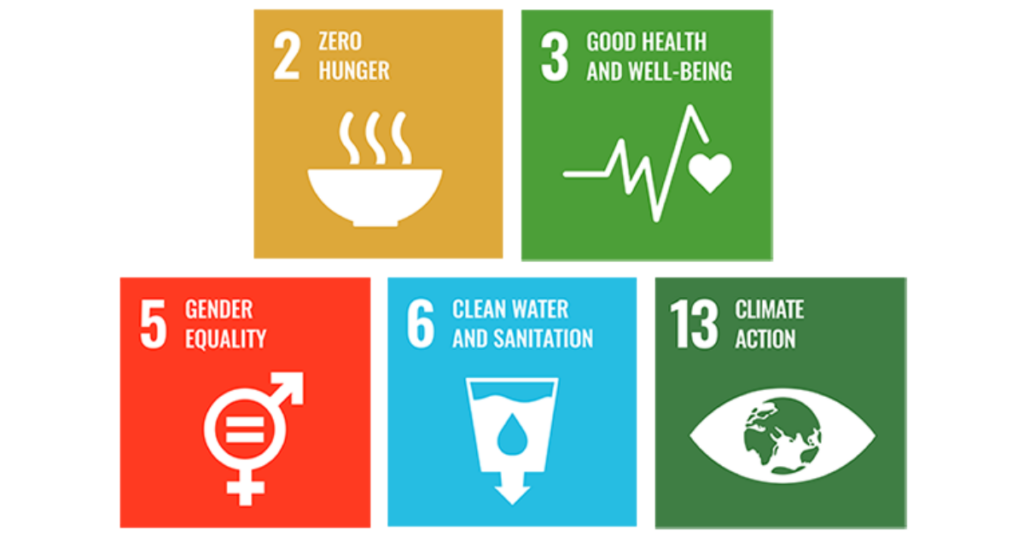
The measures to be implemented as part of the third project phase contribute to Goal 2 “Zero Hunger”, Goal 3 “Good Health and Well-Being”, Goal 5 “Gender Equality”, Goal 6 “Clean Water and Sanitation” and Goal 13 “Climate Action”.
